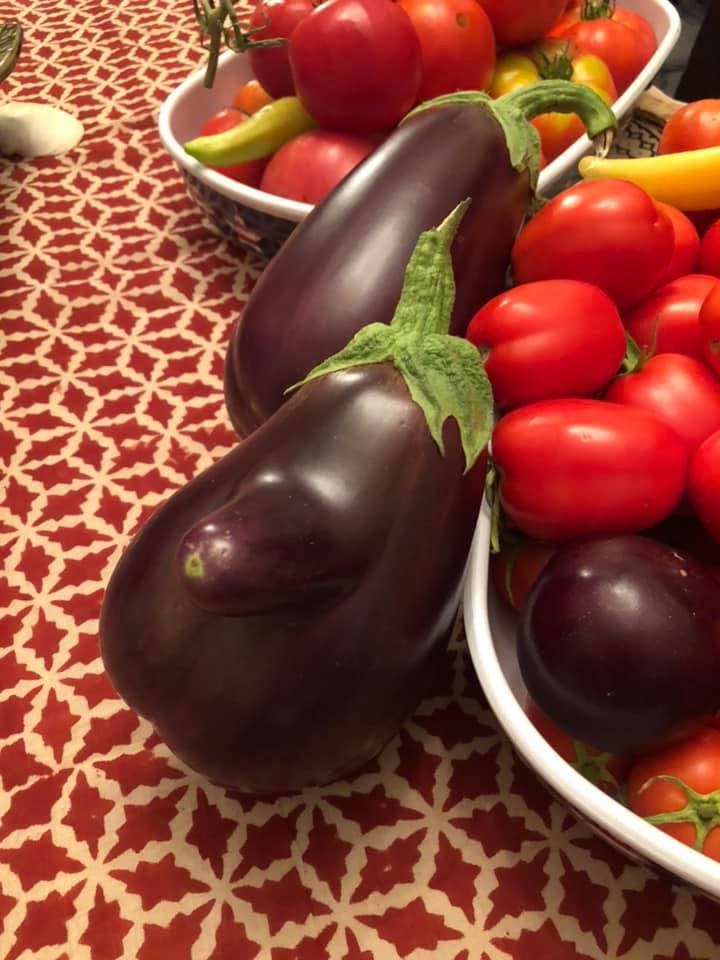Frugal living- lessons from the great depression

For many of us alive now we have not know the struggles of the great depression of the 1930s, but heard stories and saw pictures. Both of my parents were young adults during that time, struggling to find work, and help bring in revenue to keep the family afloat. I learned so much about frugal living from my mom, some of the practices i still hold on to. As we anticipate the economic downturn its time to apply some of those lessons.
- Buy something once, and treat it well because it will last a lifetime. Maybe this is a bit harder to live by today because appliances and things are made with less care and quality, but at the heart of this lesson is to try to save money by shopping only when you absolutely need something and buy quality.
- Repair it rather than replace it if you can. At a young age i learned how to rewire a lamp, and make simple fixes when i could. These days we have the internet and a wealth of information on how to fix things. we once followed a YouTube video on how to repair a quirk in our washer… it worked, and we saved a repair bill, as well as time waiting for the repair.
- Grow it – yesterday i chatted about my love of gardening, but there is more to it. A tomato plant can produce a goodly amount of tomatos. Growing your own gives you almost free food… it just takes your time and your effort.
- Save for it – rather than using credit, save until you have the funds to obtain what you want. Saving is a great habit to get into.
- Pay cash – keeping with the idea of saving, when you pay cash you are sparing yourself of paying interest for purchases.
- Cook at home – You can control what goes into the meal, and know how it was prepared. Homemade is always the best!! plus the house will smell so good with the lingering smell of roasting chicken, or cooking spaghetti sauce. And the money saved by eating in can go into that savings plan.
- Know your neighbors – in times of challenge it is helpful to know your neighbors and look out for one another.
- Make due – whether ingredients for a recipe, or something around the house, or a clothing item, make due with what you have.
We live in a world of consumerism, and credit… if you cant afford it often credit extends the buying power, and puts us in debt. The us statistics indicate the average American in $6,000 in debit to credit card spending, not to mention car payments and mortgage. We have lost touch with the simplicity of making due, and saving. But now is a great time to change that trajectory…. so buy some seeds, plant a garden, cook at home, and make due.
You must be logged in to post a comment.